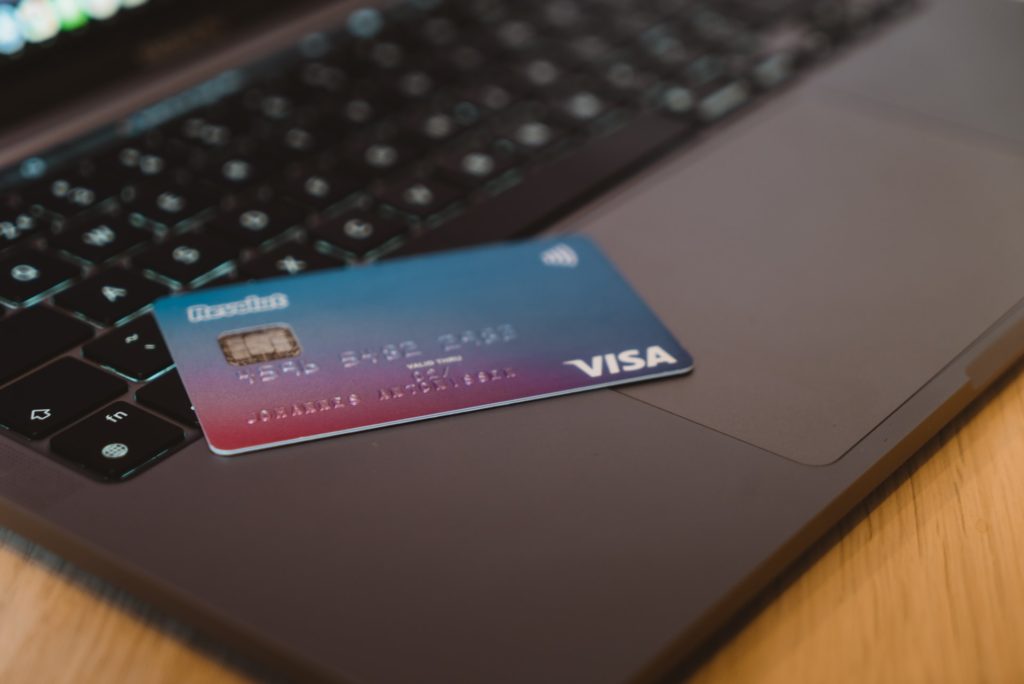Keeping your clients’ sensitive data safe and protected is a responsibility you cannot take lightly. You need to be prepared for the worst-case scenarios not just because it’s part of your job but also because that will ensure that you’ll get compensated. To achieve this, you should understand what makes up a good customer protection plan. Your business might already have one in place, but if not, make sure these elements are covered:
Secure Data Infrastructure
The foundation of any good defense against security breaches and cyber attacks starts with highly secure and reliable hardware infrastructure. Make sure your firm has redundant servers with solid-state drives (SSD), insufficient RAM capacities, and some onsite physical backups. Using RAID disk arrays can protect your data from destruction if one disk fails, but make sure you backup your data as well. For the network infrastructure, make sure that the different departments within your company operate on their VLANs (virtual LAN). If a hacker were to penetrate one department’s system, he or she will only have access to the servers and workstations inside that network. Do not connect it to other internal networks or allow any departments to communicate with each other unless necessary.
Ensure Payment Security
This element for customer protection for your business should include two elements. First, make sure that you don’t share any sensitive information such as credit card numbers and other personal details with third-party organizations for processing like banks or other financial institutions. Second, if you do use third-party payment options for client transactions, make sure they’re PCI DSS compliant. This security protocol is designed for companies that engage in electronic commerce and for payment processes, including storing and transmitting credit card information for their customers. It helps protect both business and its customers from data breaches and fraudulent transactions. Following these standards can also improve customer trust and demonstrate your commitment to responsible handling. One widely recognized framework for this is PCI Compliance, which sets the benchmark for how businesses should manage credit card data securely. If PCI Compliance is not applicable for your business yet, then payment security should at least comply with other payment services like Verified by VISA, MasterCard Secure Code, and PayPal Security Key.
Encrypt Sensitive Data
According to studies, 59% of businesses have already been victims of security breaches resulting from lost or stolen devices such as laptops and USB flash drives. In addition, 18% experienced email-based attacks. The best way for companies to keep information safe from internal and external threats is to encrypt it. That way, if a hacker were to gain access to a laptop or a USB device that contains sensitive data, he or she will be unable to access it because the data are encrypted for authorized personnel only. The best way to do this is to use full-disk encryption. If an attacker were to steal a laptop from an employee, he or she would have no other choice but to return the device and demand the password to access its contents.
Employ Firewalls To Control Network Access
A firewall is one of the best security tools that should be regularly deployed by companies via their network administrators. It should be configured properly and it must be regularly monitored as well. The last thing you want is for hackers to gain access to your systems because if they do, sensitive data such as customer credit card numbers can easily fall into wrong hands. Don’t make it easy for those with malicious intent, instead, keep them away from getting inside your company’s network. You can also install Intrusion Prevention System (IPS) software that will block suspicious activities which are similar to known malicious attacks within your network’s history.
Train Employees About Data Security
Another important element for a customer protection plan is employee training. As an IT professional for instance, you should encourage your employees to become familiar with security protocols for both physical and digital devices. The efficient and modern way to do it is to use Employee Learning Management System, or LMS. Just choose the best employee LMS for your purposes and it will take care of this issue for you. It wouldn’t hurt to require employees to sign non-disclosure agreements so they can’t let any information out through social media sites such as Facebook, chat rooms, and even their blogs. Internal policies should also discourage your employees from downloading files and opening attachments coming from unknown senders.
Backup for Disaster Recovery
To keep your client’s data safe, the best thing for you to do is prepare for worst-case scenarios. A business continuity plan for disaster recovery should be in place so employees can quickly resume their projects and client services after natural disasters, hardware failure, or even human error. Make sure that your system for maintaining your backups is updated every day. Routinely check the logs for backup media as well for any unusual activities. Also, it’s important to update your software and applications, such as your computer data storage system, so it can handle huge amounts of information, as mentioned in resources like this guide on creating pay stubs https://www.paystubsnow.com/make-your-paystub/.

Conclusively, As any business owner knows, customer relations is key in running a successful business and that includes protecting their sensitive data. Therefore you must implement the necessary security policies to thwart hackers and prevent any malicious activities that may lead to data leaks. With the abovementioned tips, your clients can rest assured that you are protecting their most sensitive information the best way you can.
How Small Businesses Can Easily Manage Their Payroll Process >>
